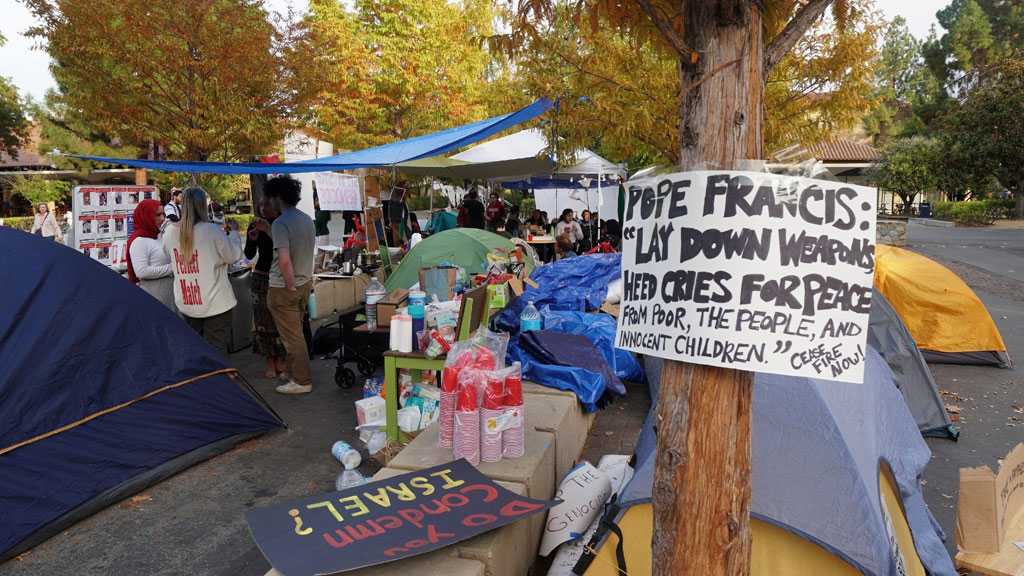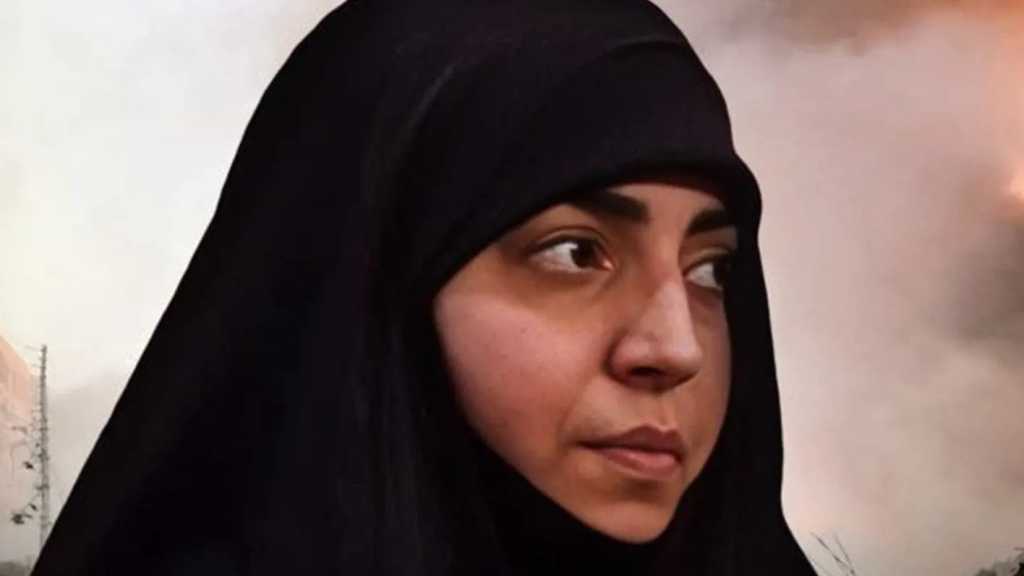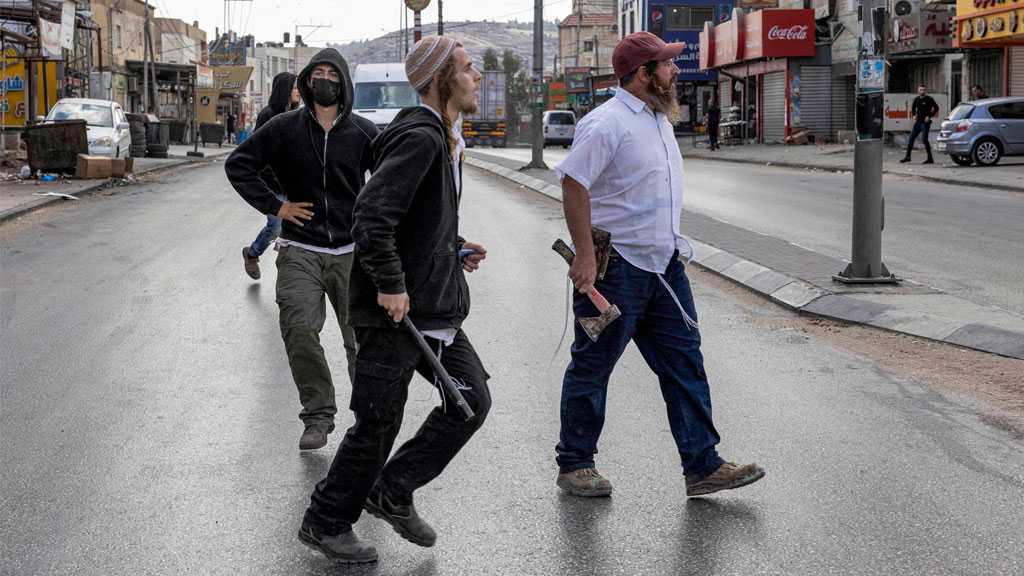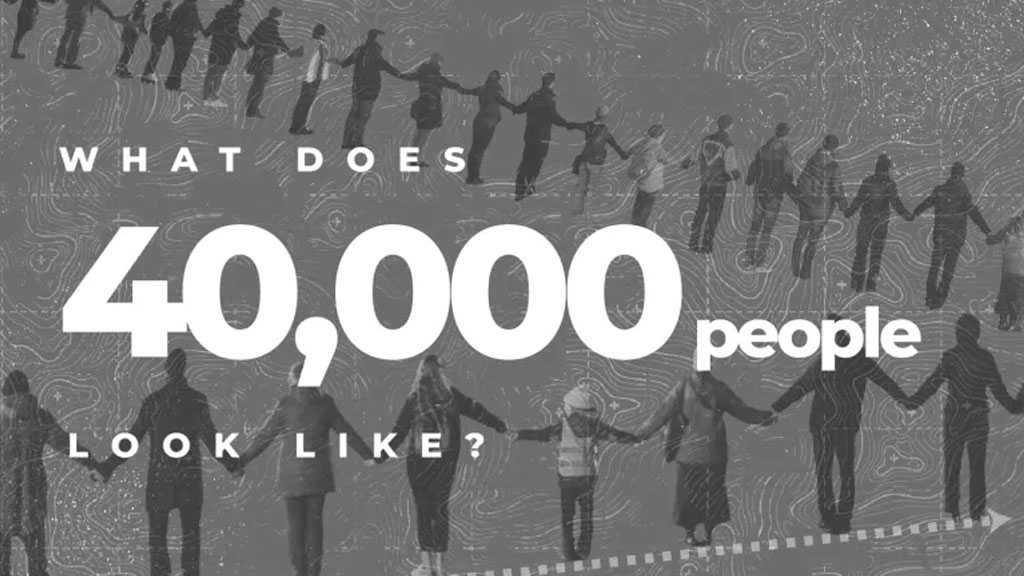
Stanford Students Refuse to End Gaza Sit-in Until Demands Met

By MEE
It started off with one person. Within hours it became a community.
For the past 27 days more than two dozen students at Stanford University have been staging a sleep-in protest in solidarity with Palestinians in Gaza who have faced weeks of relentless ‘Israeli’ air strikes.
The students, made up of different nationalities and backgrounds, have been living in a small encampment made up of several tents in one of the main university quads.
Speaking to Middle East Eye on condition of anonymity due to fears of facing harsh reprisals for speaking out, the students said they would not end their sit-in until the university divested from and boycotted ‘Israeli’ ventures and academic institutions, and condemned ‘Israel’ over its occupation of the Palestinian territories.
Since October 7, more than 12,000 Palestinians have been martyred, including close to 5,000 children by ‘Israeli’ air strikes, according to Palestinian health officials. Around 1.6 million others have been displaced and face hunger, thirst and disease as a humanitarian catastrophe continues to unfold in Gaza.
The student who organized the Stanford sit-in told MEE that the protest was crucial in ensuring Gaza remained at the forefront of student and faculty members' minds.
"Stanford University has had many rallies in the past. Nothing came out of them largely because the university would ignore the demands of the students once the rally is over," the student, speaking on condition of anonymity, said.
"There have been multiple proposals written to the admin and all of them were shut down because there was no sustained follow-up by the students.
"We wanted to create a level of pressure that the university hadn't seen," the student added.
Since ‘Israel’ declared war on Gaza, around 50-60 students have spent their days at the sit-in. They usually arrive between classes, engage in discussions on Palestine and eat food provided by fellow students or community members.
The sit-in emerged as a petition that has garnered thousands of signatures and began circulating among the prestigious university's large student body and alumni network.
Stanford is one of several universities across the US where students have clashed with faculty members and administrators over their response to the war in Gaza and ‘Israel's’ decades-long occupation of the Palestinian territories.
Since the war erupted, students have reported being abused by staff.
Organizers of the sit-in said that since they launched their protest, administrators have only interacted with them on one occasion and have refused to commit to anything other than provide resources for Palestinian students.
Earlier this week, Stanford administrators said they would establish two groups aimed at combating hatred and providing community members with support. The first is a new subcommittee designed to combat antisemitism, while the other would be a newly established committee for Muslim, Arab and Palestinian communities that would be expected to address Islamophobia on the campus.
Stanford University's media office did not reply to MEE's request for comment.
Across the US, there has been a groundswell of support for Palestinians living under ‘Israeli’ occupation, with student bodies issuing statements and engaging in several protest actions, much to the chagrin of university administrators, the Biden administration and the ‘Israeli’ government.
Several students have lost job opportunities or have had their identities plastered on blacklists on mobile LED screens outside the campuses, and online forums like The Canary Mission, which targets activists who speak out on ‘Israeli’ crimes.
These actions have followed well-documented pressure exerted by billionaire donors and politicians to quell sentiment interpreted as anti-‘Israel.’
In Florida, the state university system was recently told to ban Students of Justice in Palestine [SJP] chapters across campuses in the state.
At Columbia University in New York City, both the SJP and the local Jewish Voice for Peace [JVP] chapter were suspended until the end of the semester.
Columbia University did not reply to MEE's request for comment.
One Palestinian student at Stanford, who also requested anonymity, said that he found himself oscillating between feelings of horror at the images from Gaza on his phone and resentment towards the university administration for their refusal to condemn ‘Israel.’
On top of that, he said he was often distressed over the safety of his friends and colleagues who face being doxed and harassed for speaking up for Palestine, or the potential harm of death threats.
"I received a threatening phone call saying that they know where I live," the Palestinian student said.
"So yes, being on campus has been sickening, but what has been helpful is the massive community support," the student said, alluding to the small village of tents and the community sitting behind him.
Where the lack of institutional support for Palestinians has failed, the student said that the sit-in had provided much-needed solidarity.
"In addition to this sit-in being a form of protest, it is a community. I come here to drink tea and coffee and talk to people," the Palestinian student said.
"They know what I am going through. And they allow me to be myself," the student added.
Comments



